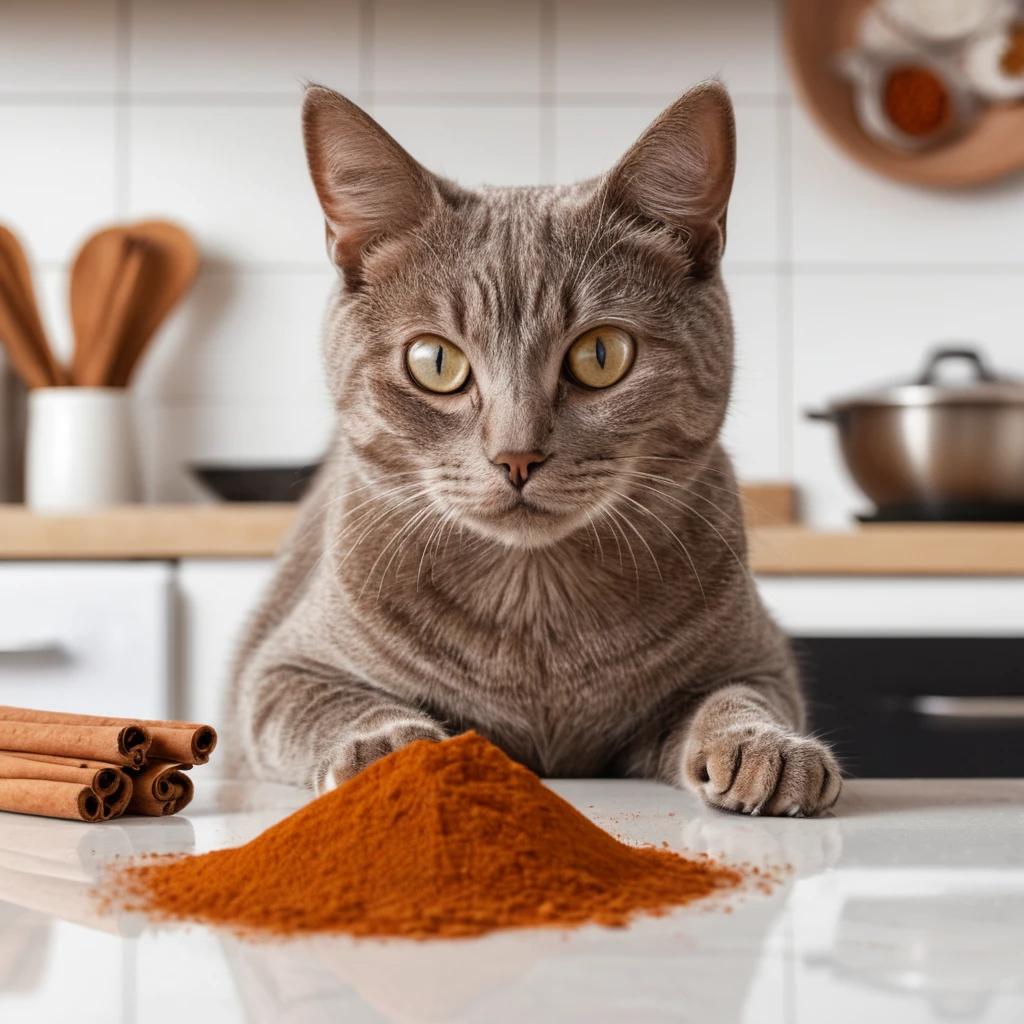Introduction
- The rising popularity of cinnamon in homes
- Why pet owners should be cautious about spices around cats
What Is Cinnamon? Understanding the Spice
- Types of cinnamon: Ceylon vs. Cassia
- How cinnamon is commonly used in households
Why Cats and Cinnamon Can Be a Concern
- The unique biology of cats and how they process spices
- Cinnamon’s chemical compounds: Cinnamaldehyde and coumarin
Can Cats Have Cinnamon? The Short Answer
- Is cinnamon toxic to cats?
- Immediate and long-term effects of exposure
Forms of Cinnamon: Are Some Safer Than Others?
- Ground cinnamon vs. cinnamon sticks
- Cinnamon essential oils and their concentrated risks
- Cinnamon-flavored foods: A hidden danger
How Cinnamon Affects a Cat’s Health
- Symptoms of cinnamon ingestion or exposure
- Respiratory issues: The impact of cinnamon inhalation
- Skin irritation and allergic reactions
- Digestive problems: What happens when cats eat cinnamon
Is Cinnamon Poisonous to Cats? When to Be Concerned
- Toxicity levels in cats: How much is too much?
- Signs of cinnamon poisoning and how to recognize them
- Emergency steps to take if your cat ingests cinnamon
Why Cinnamon Essential Oils Are Especially Dangerous
- The high potency of essential oils
- How cats react to essential oil exposure
- Preventing accidental exposure to cinnamon oils
Common Scenarios Where Cats Encounter Cinnamon
- Cinnamon in baked goods and desserts
- Diffusers, air fresheners, and scented candles
- Spilled spices and kitchen counter hazards
Safe Alternatives to Cinnamon for Cat Owners
- Cat-safe herbs and spices
- How to create a pet-friendly environment with non-toxic alternatives
How to Protect Your Cat From Cinnamon Exposure
- Tips for storing cinnamon safely in your home
- Cat-proofing areas where spices are frequently used
- Educating family members about cinnamon risks
Conclusion
- Recap: Can cats have cinnamon?
- The importance of being proactive in your pet’s safety
- Final advice for keeping your feline healthy and happy

